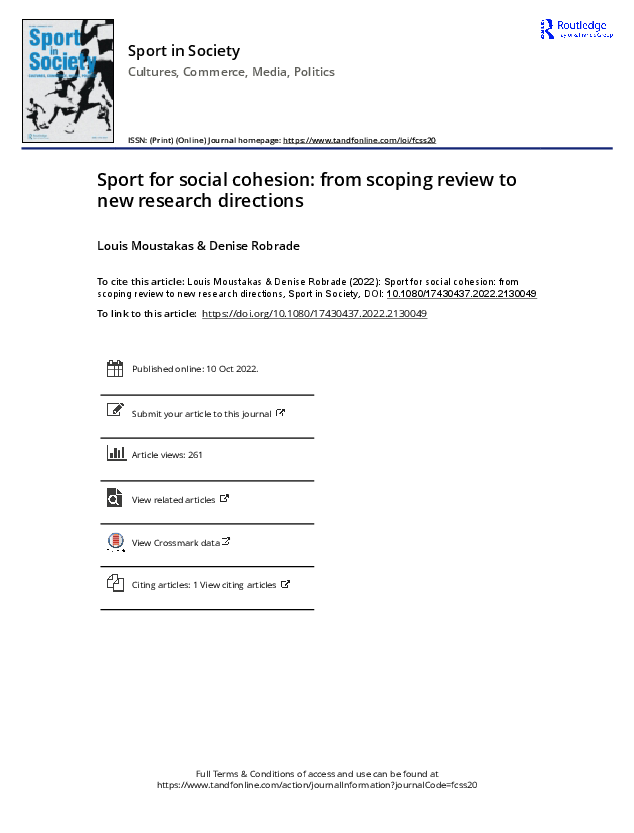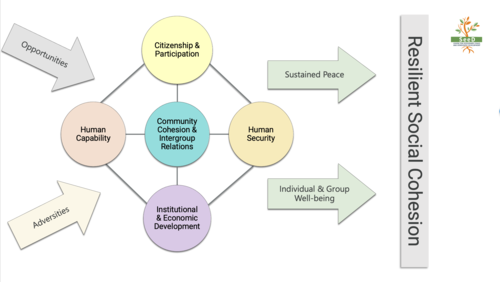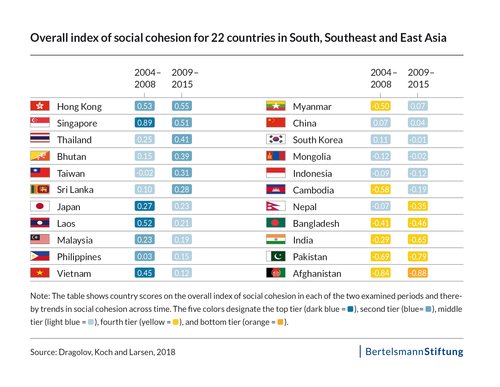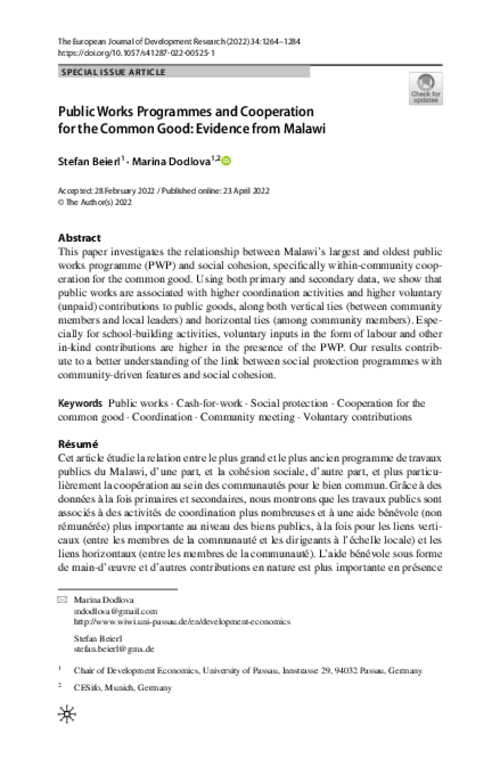Sport for social cohesion: from scoping review to new research directions
Key facts
Identity/feeling of belonging
Participation
Orientation towards the common good
Shared values
Tolerance
Connectedness
Middle East and North Africa
Latin America and Caribbean
Sub-Saharan Africa
East Asia and Pacific
Summary
There have been growing efforts to harness sport to tackle social issues and promote development. Social cohesion is arguably the most prominent objective of these activities. However, social cohesion remains a contested concept subject to many definitions, and we do not have a clear picture of how social cohesion is defined or supported in sport programmes or organizations. This makes it difficult to identify successful approaches, develop measurements and build theories. To begin addressing these gaps, we have conducted a systematic scoping review, leading to an analysis of 35 studies exploring sport for social cohesion. Overall, we find that the literature fails to consistently define social cohesion, though it tends to coalesce around a set of core dimensions. Likewise, programme elements are inconsistently reported. Moving forward, we call on researchers to clearly define social cohesion and explore its sub-dimensions in more depth, which, in turn, can foster greater theoretical development.





